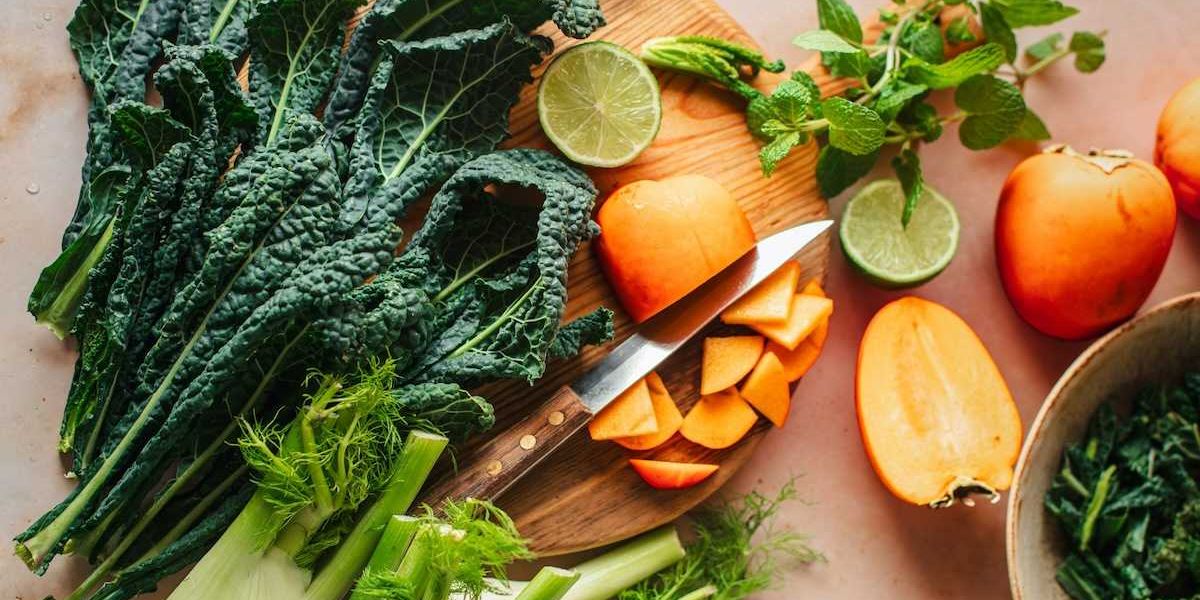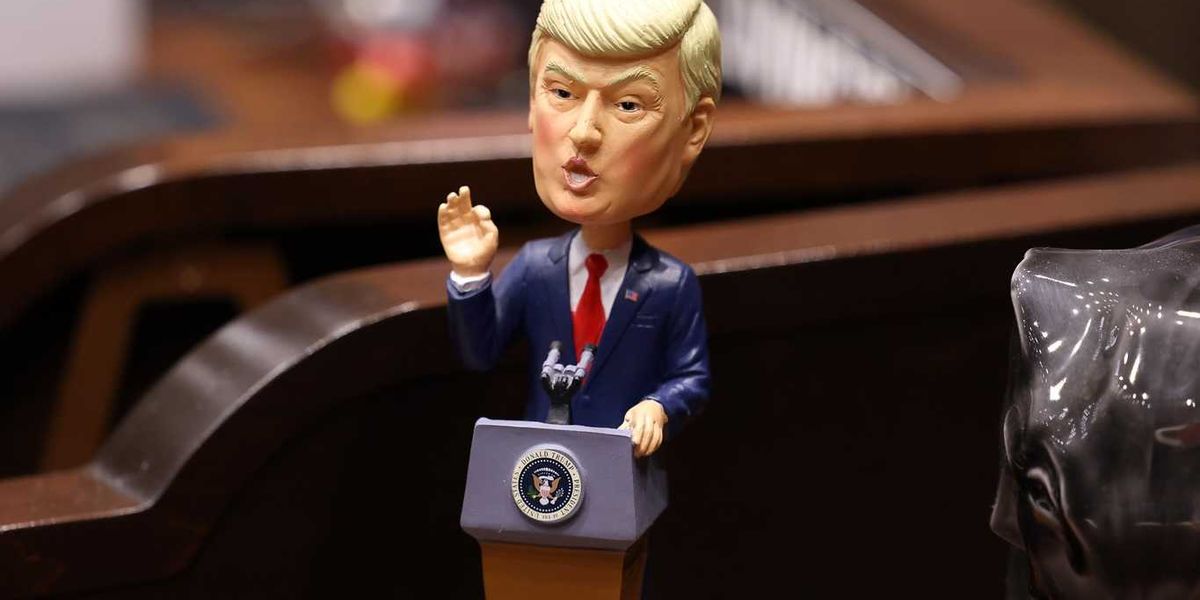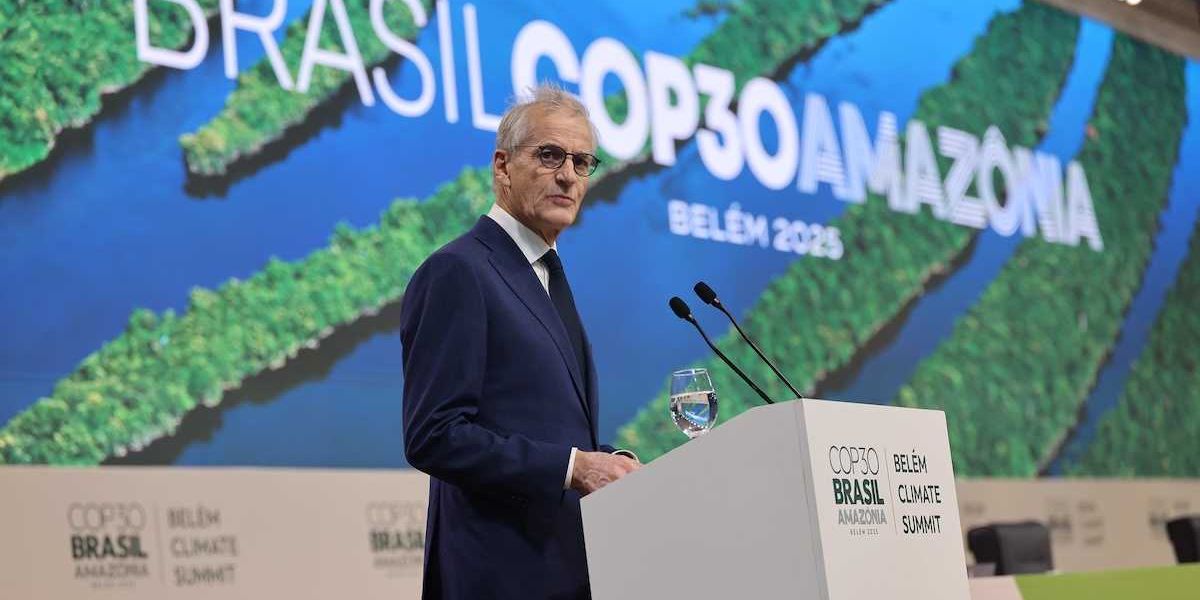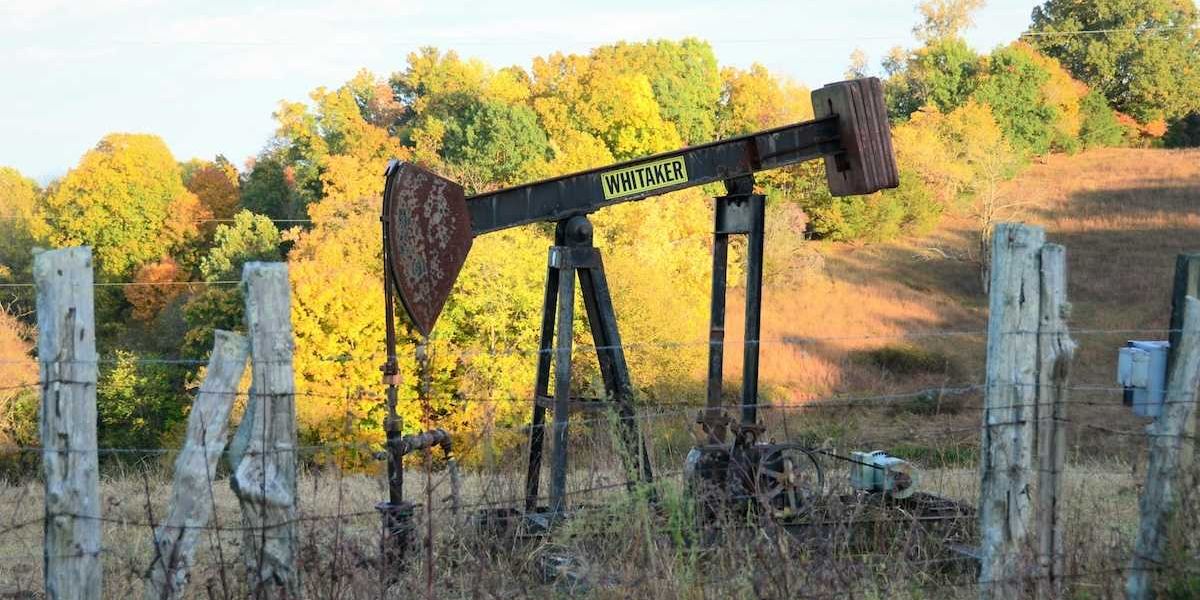Trump administration considers polluter exemptions, sparking backlash in Louisiana's ‘Cancer Alley’
A Biden-era rule to cut toxic emissions near petrochemical plants is under threat as the Trump administration considers industry requests to delay compliance.
Nicholas Kusnetz reports for Inside Climate News.
In short:
- Industry groups asked the U.S. Environmental Protection Agency for a two-year exemption from a major air pollution rule targeting cancer-linked emissions from petrochemical plants, citing high costs and operational challenges.
- Communities in Louisiana’s “Cancer Alley,” where many residents are Black and already exposed to high levels of chloroprene and ethylene oxide, fear the rollback would prolong their exposure to dangerous air toxins.
- The Trump administration has signaled willingness to consider waivers under a Clean Air Act clause tied to national security, putting enforcement of the emissions rule in limbo.
Key quote:
“They are now just saying publicly like this that our lives are not important when it comes to the profits of these corporations.”
— Robert Taylor, leader of Concerned Citizens of St. John the Baptist Parish
Why this matters:
In the stretch of southern Louisiana between Baton Rouge and New Orleans — known grimly as “Cancer Alley” — residents have long lived in the shadow of massive petrochemical facilities. For years, public health researchers and environmental watchdogs have sounded alarms about sky-high levels of carcinogens like chloroprene and ethylene oxide in the air, particularly near predominantly Black, working-class communities. These chemicals are linked to cancers of the liver, lungs, and lymphatic system, with children facing even greater risks due to their developing bodies and higher exposure rates. Under the Biden administration, some steps were taken to tighten emissions standards and invest in air monitoring, but now, as President Trump resumes efforts to cut regulations in the name of economic growth and national security, those modest gains could be undone.
Learn more:













